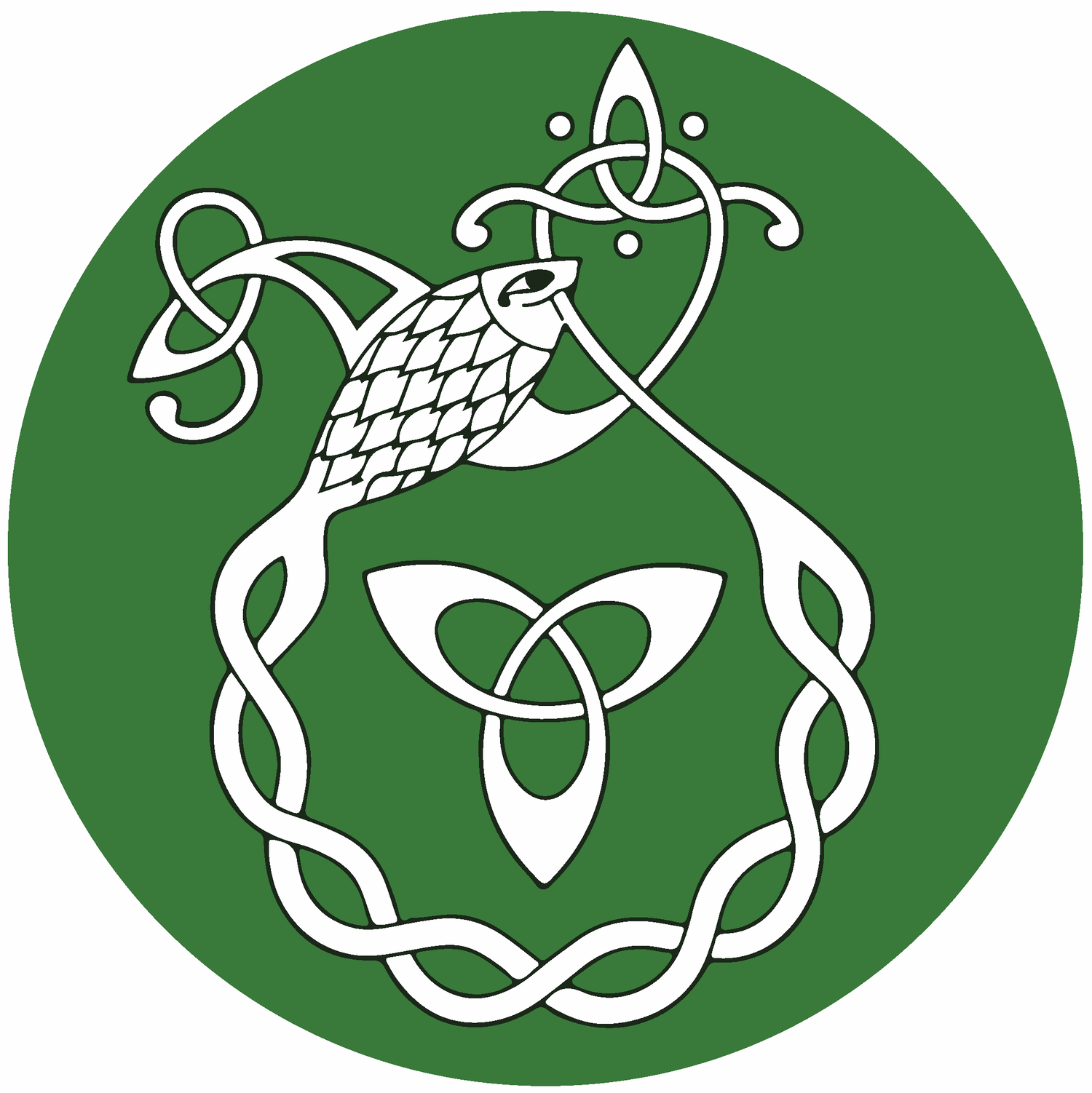Tomás Ua Baíghell
1820-1866, active in South Gloucester, Ontario
Born in County Mayo, Ireland, on May 29, 1820, Tomás Ua Baíghell embarked on a remarkable journey that would take him from his native Irish countryside to the backwoods of North America. His thirst for knowledge along with his dedication and faith would shape his legacy as a beloved priest, scholar, and poet.
Leaving Ireland to seek a Catholic education in France, Ua Baíghell's path led him to Notre-Dame-de-l’Osier, where he joined the Oblates of Mary Immaculate at age 24. Then next year, 1845, he crossed the Atlantic to settle in the Gatineau Valley, north of Ottawa, Canada, at a time when European settlers were just beginning to establish their presence in the region.
In 1849, due to his willingness to serve in emerging communities, Father Ua Baíghell was made the first priest of Farrellton, Québec. His reputation for generosity and kindness quickly spread, earning him the endearing local title "The Father of the Widow and the Orphan."
Ua Baíghell's brilliance extended beyond the pulpit. He possessed a profound knowledge of Irish history and folklore, and his academic papers on the ancient "ogham" script, mythology, and language of Ireland garnered wide admiration and acclaim. Seán Ó Dálaigh, the founder of the Dublin Ossianic Society, a literary organization, hailed Ua Baíghell as one of the preeminent Irish scholars in the world at the time, a true luminary in the world of academia.
While serving in South Gloucester, Ontario, Father Ua Baíghell revealed another facet of his talent – poetry. Writing under the pen name Éire go Bráth (Ireland Eternally), he crafted verses that resonated with the spirit of his homeland. At a time when Irish was fading due to British colonization, he attempted to preserve and promote the language by pioneering a unique spelling system based upon his studies of Old Irish.(1)
Tragically, Father Tomás Ua Baíghell's life was cut short at the age of 46 on January 7th, 1866. He was laid to rest in the St. John the Evangelist graveyard in Enniskerry, Ontario. As respected Celtic Studies professor Kenneth Nilsen noted, had he lived longer, Ua Baíghell would undoubtedly have played a pivotal role in the burgeoning Gaelic movement in North America.
Though his time on Earth was brief, the legacy of Tomás Ua Baíghell endures, an indomitable spirit whose devotion to his faith, love for his homeland, and dedication to his language and culture continue to inspire those who discover his remarkable story.
For citation, please use: Ó Dubhghaill, Dónall. 2024. “Tomás Ua Baíghell.” Na Gaeil san Áit Ró-Fhuar. Gaeltacht an Oileáin Úir: www.gaeilge.ca
-
Image citation:
The orthography seems to be a sort of stumbling-block generally; but a long and serious study of the question, and the venerable authority of some of the oldest manuscripts in Europe, those in our own language, preserved at Milan, St. Gall, Wurzburg and several other places in Germany, as quoted by Herr Zeuss, in his “Grammatica Celtica,” fully convince me that to depart from their pure and simple track and follow the modern corruptions, introduced by the heterogeneous influences of the English jargon, would be a barbarous violation of the genius and integrity of our noble tongue, and an argument of a perverted judgement. It should be borne in mind that the ancient orthography does not alter or affect in the least the present pronunciation: on the contrary, it fully harmonizes with the purest and most genuine pronunciation of the present time…
It is clear that in order to revive the language, the best plan would be to publish original documents both in prose and poetry, with literal translations, and analysis and explanations of difficult idioms and words. An elementary series based on the system of the Irish National Schools, if prepared with tact and care, would be a great means of giving an impulse to the study of the language. Without an establishment, however, where the knowledge and zeal of learned Irishmen can be enlisted, and stimulated by the hope of adequate recompense and honor, I fear the great national enterprise will languish. There have been many instances of individuals founding and endowing institutions for the cultivation of particular branches in literature and science: will there be no wealthy Irishman, or society of Iriehmen, found on this American continent to form an establishment for the effectual and thorough cultivation of our glorious and renowned old tongue? I am a very poor man; still I will pay $8 a year while I live to such an institution founded in any part of America.
(O’Boyle, Thomas. 1858. “Revival of Irish Literature” in Irish-American. 12 June.)





